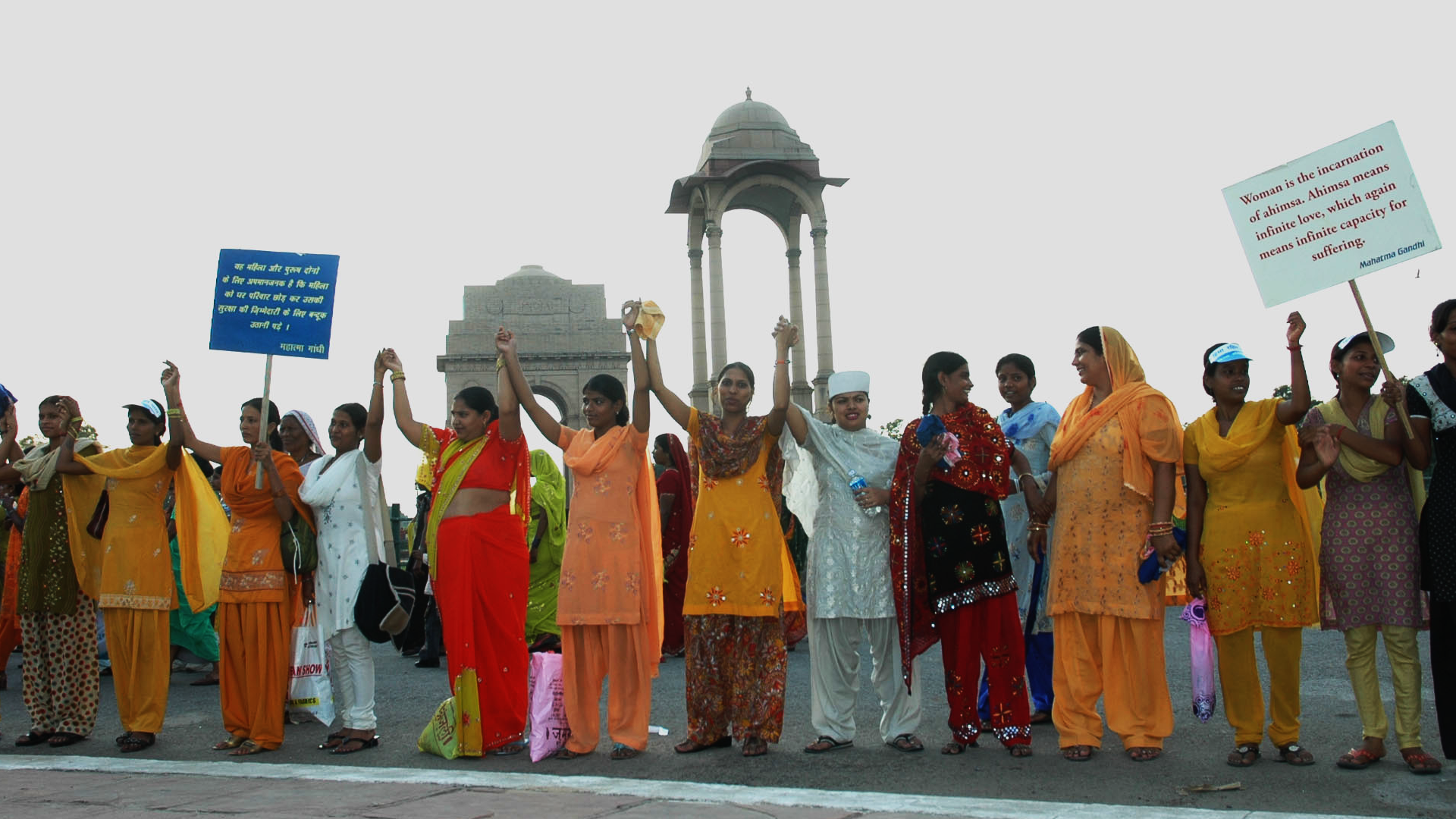India’s sexual abuse laws have long been criticised. Concerns regarding gender neutrality, marital rape, and the death penalty have occupied centre stage now. Conditioned to the norms of a patriarchal society, will survivors ever get justice?
Trigger Warning: this article contains mention of rape and child abuse.
Did you know that only women can be recognised as survivors of sexual abuse in India, and only men can be recognised as aggressors?
In addition, assault of a trans individual is treated as a petty offence, with a minimum sentence of only six months. For better context, in case of a cisgender woman, the same crime carries a minimum sentence of seven years.
These clear gender biases and disparities are a big reason why people have been demanding a change to sexual abuse laws, though outrage extends beyond just different punishments for different people.
The death penalty is still given in India for certain, extreme sexual crimes, and has been a divisive issue for many years. Some deem death to be an appropriate punishment for these crimes, while others simply view it as an ineffective deterrent that should be retired from the law.
Many aspects of these legislations – and sexual abuse laws in general – are frequently criticised by large sections of India’s population, with many demanding change or reform in some way. What is the outrage all about and what are the specifics? Let’s take a more extensive look.
Why is Section 375 so controversial?
Section 375 of the Indian Penal Code basically says that the act of sex by a man with a woman, if it was done without her consent, is punishable. There are exceptions to this rule that cause controversy in particular.
In 2012, a medical intern was gang raped and murdered by a group of men in a moving bus. The victim of this incident is posthumously called ‘Nirbhaya’, which means ‘fearless’ in Hindi.
The Nirbhaya incident changed our attitude towards sexual crimes, and we started questioning the safety of women in our country like never before.
Soon, this led to the passing of the Criminal Law (Amendment) Act 2013; it increased jail terms in most sexual crimes and provided the death penalty in cases that cause death or leave the survivor in a vegetative state.
It also penalised offences such as criminal force on a woman with intent to disrobe, voyeurism, and stalking.
First off, as per the law, intercourse with a girl when she is under eighteen is considered rape. In fact, the age of consent in India is eighteen (for both boys and girls).
Even a teen couple engaging in consensual intercourse is technically committing a crime. Hence, some are calling for the law to acknowledge that teens should have the right to express their sexuality.
Secondly, you notice how all the aforementioned provisions specifically address the survivor as ‘her’?
That’s because there is no legal provision to recognise men as victims of rape. After the Nirbhaya case, the Justice Verma committee was formed to review the existing sexual assault laws. They had recommended that men be recognised as possible rape victims too, but it was never acted upon.
Thirdly, sexual intercourse – with or without consent – by a man with his wife is not classed as rape. This means that marital rape is not a crime, and it’s arguably the most questionable aspect of the reforms movement.
https://www.youtube.com/watch?v=_1fmDIEEEoo




















